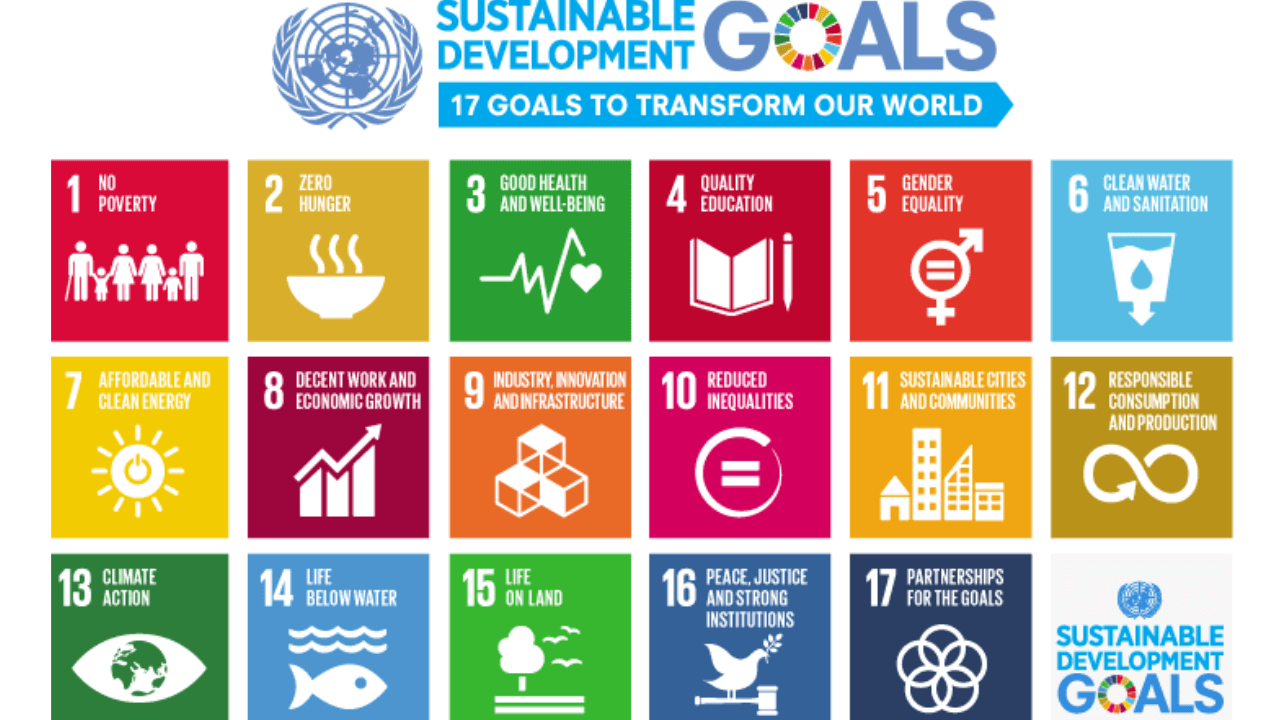Bhopal Becomes 1st City to Measure Sustainable Development Goals Progress
Bhopal, the capital of Madhya Pradesh, has taken a significant step by becoming the first city in India to measure its progress towards the Sustainable Development Goals (SDGs). To assess its achievements and identify areas for improvement, the city has implemented a Voluntary Local Review (VLR) process. This approach enables Bhopal to evaluate its efforts in aligning with the SDGs. By adopting the VLR, Bhopal demonstrates its commitment to sustainable development and enhances its ability to create positive change in the community.
What are Sustainable Development Goals?
The Sustainable Development Goals are a set of global goals established by the United Nations to address various socio-economic and environmental challenges facing the world. They were adopted in 2015 as a successor to the Millennium Development Goals (MDGs) and provide a comprehensive framework for achieving sustainable development by 2030.
The SDGs consist of 17 goals and 169 targets that cover a wide range of issues, including poverty eradication, quality education, gender equality, clean energy, climate action, sustainable cities, responsible consumption and production, and biodiversity conservation, among others. The goals aim to promote social inclusion, economic growth, environmental sustainability, and global cooperation.
By setting these goals, countries, and stakeholders are encouraged to work together to tackle interconnected challenges and create a more equitable, prosperous, and environmentally friendly future for all. The SDGs provide a roadmap for governments, organizations, and individuals to take action and make positive contributions towards sustainable development at local, national, and global levels.
Voluntary Local Review (VLR) process
The Voluntary Local Review (VLR) process is a tool adopted by cities and local governments to assess their progress towards achieving the Sustainable Development Goals (SDGs). It allows cities to voluntarily review and evaluate their efforts in implementing the SDGs at the local level.
Through the VLR process, cities gather data, analyze their performance, and report on the actions taken to address the SDGs within their jurisdiction. It involves assessing the alignment of local policies, programs, and initiatives with the targets and indicators of the SDGs.
The VLR process helps cities identify areas where they have made significant progress, as well as areas that require improvement or further attention. It promotes transparency, accountability, and dialogue between local governments and their communities, enabling them to track their achievements, share best practices, and learn from each other’s experiences.
By engaging in the VLR process, cities can enhance their understanding of the SDGs, strengthen their commitment to sustainable development, and contribute to the overall global efforts toward achieving the SDGs by 2030.
Bhopal’s VLR
- The Voluntary Local Review (VLR) process in Bhopal is a collaboration between the Bhopal Municipal Corporation, UN-Habitat, and local stakeholders.
- The VLR incorporates both quantitative and qualitative approaches to review the Sustainable Development Goals (SDGs) in Bhopal.
- It involves mapping 56 developmental projects and assessing the city’s progress toward the SDGs.
- Key challenges and opportunities for Bhopal in achieving the SDGs are identified, including urban governance, climate resilience, social inclusion, economic development, and innovation.
- The VLR was launched by the Chief Minister of Madhya Pradesh, accompanied by an Agenda for Action: Sustainable Urban Transformation in Bhopal.
- The Agenda for Action outlines Bhopal’s vision and roadmap to become a smart, green, and livable city by 2030.
- Concrete actions and initiatives are proposed in the Agenda for Action to address the identified gaps and priorities highlighted in the VLR.
- 3 August Current Affairs 2023 in English
- MoU Between Subroto Mukerjee Sports and Education Society and All India Football Federation (AIFF) to Promote Football at Grassroot Level
- Dr. Mansukh Mandaviya Delivers Keynote Address at the 13th Indian Organ Donation Day ceremony
- Education Ministry Forms Expert Panel on Anti-Discrimination in Higher Education
- Concerns Arise Over Cheetah Deaths at Kuno National Park
